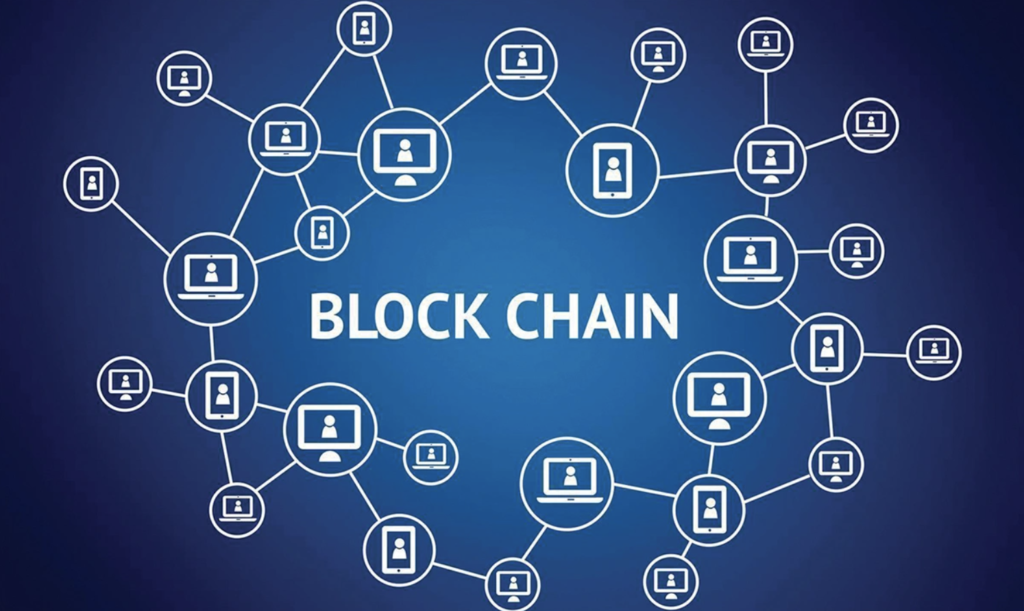The rapid growth of digital education has transformed how students and professionals are assessed. Traditional methods of evaluation, such as written exams and standardized tests, are evolving into more dynamic, technology-driven solutions. Innovative online assessment techniques are making evaluations more accurate, accessible, and engaging. With the rise of artificial intelligence, machine learning, and immersive technologies, online assessments are becoming smarter and more efficient.
The Shift from Conventional to Digital Evaluation
Gone are the days when paper-based assessments were the only reliable way to measure knowledge and skills. The digital revolution has paved the way for online evaluations that not only test theoretical knowledge but also assess practical application. Interactive quizzes, gamified tests, and AI-powered evaluations are now being widely adopted. These modern methods ensure fair assessments by reducing the chances of cheating and human errors.
Moreover, online assessments offer scalability, allowing institutions and organizations to evaluate thousands of candidates simultaneously. This shift has been particularly beneficial for remote learning programs, certification courses, and corporate training sessions, ensuring that assessment processes remain efficient and inclusive.
AI-Powered Assessment Systems
Artificial intelligence (AI) has significantly enhanced the way online assessments function. AI-driven evaluation tools can analyze a candidate’s responses, detect patterns, and provide real-time feedback. These systems adapt to individual learning curves, ensuring that assessments are not just about scoring but also about improving knowledge retention.
For instance, AI-enabled proctoring systems use facial recognition and eye-tracking technologies to prevent dishonest practices. Additionally, natural language processing (NLP) allows AI to evaluate written responses more accurately, reducing the dependency on human graders. These innovative methods ensure a more objective and fair assessment process.
Gamification in Online Testing
Gamification is revolutionizing online assessments by making evaluations more interactive and engaging. Instead of conventional question-and-answer formats, gamified assessments incorporate elements such as leaderboards, badges, and real-time rewards. These features not only enhance motivation but also improve cognitive engagement.
Educational platforms and corporate training programs are integrating gamification to create immersive learning experiences. Research shows that game-based assessments help learners retain information better and develop problem-solving skills. This innovative approach ensures that online evaluations are not just about testing knowledge but also about enhancing learning outcomes.
Adaptive Learning and Personalized Assessments
Adaptive learning technology is redefining how assessments are conducted. Unlike one-size-fits-all exams, adaptive assessments adjust their difficulty levels based on a candidate’s responses. This ensures that learners are neither overwhelmed by complex questions nor disengaged by overly simple ones.
These personalized assessments help educators and trainers identify knowledge gaps more effectively. By analyzing performance data, adaptive learning tools provide customized feedback and learning recommendations, making the assessment process more learner-centric. This level of personalization is an innovative step toward making online evaluations more meaningful and effective.
Blockchain for Secure and Transparent Evaluations

Blockchain technology is emerging as a game-changer in the online assessment landscape. It offers a secure and tamper-proof way to store assessment records, ensuring authenticity and transparency. This is particularly beneficial for academic institutions and organizations that require verifiable credentials.
Blockchain-based certification ensures that a candidate’s achievements cannot be altered or falsified. Employers and universities can verify qualifications with greater confidence, reducing the risk of credential fraud. As blockchain adoption continues to grow, its role in online assessments is expected to become even more significant.
The Role of Virtual Reality (VR) and Augmented Reality (AR)
Virtual reality (VR) and augmented reality (AR) are transforming assessments by offering immersive evaluation experiences. These technologies are especially useful in fields requiring hands-on skills, such as medicine, engineering, and aviation.
For example, medical students can be assessed using VR-based simulations that replicate real-life surgical procedures. Similarly, engineering students can interact with virtual models to demonstrate their problem-solving abilities. These innovative methods provide a deeper understanding of concepts and ensure that candidates are well-prepared for real-world challenges.
The Future of Online Assessments
The future of online assessment is undoubtedly driven by technological advancements. As AI, blockchain, and immersive technologies continue to evolve, evaluation methods will become more efficient, transparent, and engaging. Institutions and organizations must embrace these innovations to stay ahead in the digital learning space.
By integrating smart and secure assessment solutions, we can ensure a fair, scalable, and effective evaluation process. The shift towards technology-driven assessments is not just a trend but a necessary evolution in today’s digital era. As we move forward, embracing these innovative evaluation techniques will be key to enhancing education, professional training, and overall knowledge assessment.
